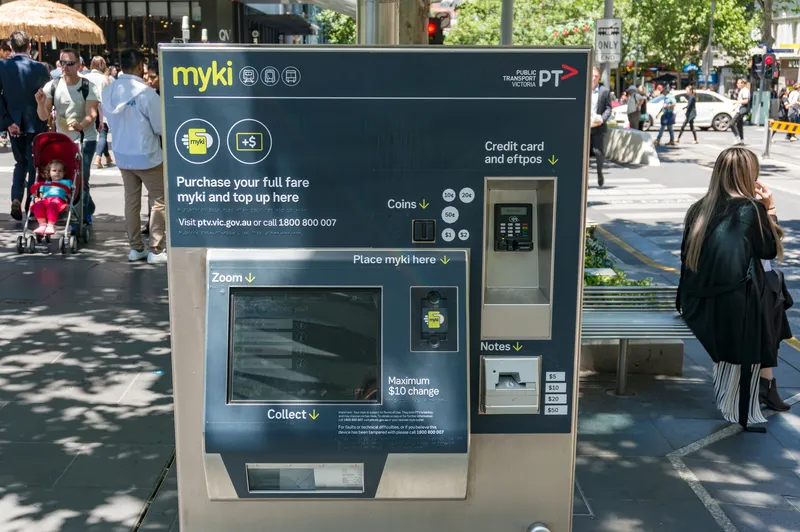
A partnership between Conduent and Convergint has been selected by the Australian state of Victoria to upgrade its Myki public transport ticketing system.
The US$1 billion, 15-year contact will see the companies implement a contactless payment account-based system to modernise the existing smartcard solution.
Myki covers the Melbourne region and throughout Victoria. Management of the current system will begin in December 2023, with trials of the first phase of the new one expected in 2024.
“We’ve made improvements to Myki over the past seven years and now this new contract will provide a greater benefit to passengers - using proven technology to make it quicker and easier to top up, touch on and travel,” said Ben Carroll, Victorian minister for public transport.
Conduent will install validators on buses, trains and trams and provide a contactless credit and debit card (Eurocard, Mastercard, Visa and Amex) payment system.
Passengers will be able to pay with existing Myki transit cards plus debit and credit cards, as well as NFC-enabled devices including smartphones and smartwatches with digital wallets.
Conduent will implement account-based ticketing (ABT), where tickets are stored in the cloud, using Atlas Ops, which is designed specifically for multi-modal transport environments.
“Victoria will now join major cities and regions around the world supported by Conduent Transportation’s transit ticketing systems, including Paris, South Australia, Flanders, Dubai, Montreal and New Jersey,” said Lou Keyes, president of transportation solutions at Conduent.
“We look forward to delivering state-of-the-art technologies and services to enhance the travelling experience for all of Victoria.”







